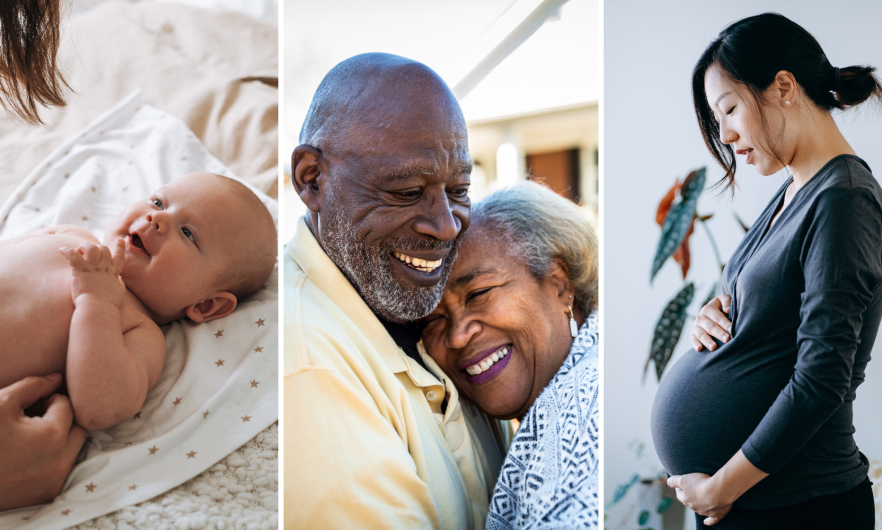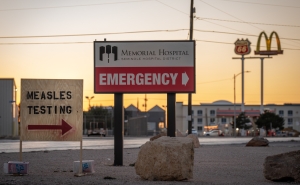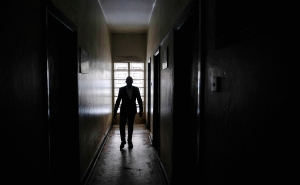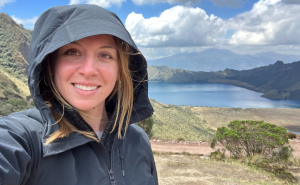How to Protect Yourself and Others From RSV
These prevention strategies can help lessen the severity of RSV.

Respiratory syncytial virus (RSV) is a highly contagious virus that infects the lungs, nose, and throat, and is often difficult to differentiate from other respiratory diseases like the common cold, flu, and COVID-19, because they have similar symptoms.
While the virus affects people of all ages, it can be severe in infants, and is the leading cause of infant hospitalization in the U.S, says Ruth Karron, MD, a professor in International Health and director of the Johns Hopkins Center for Immunization Research. Each year, an estimated 58,000–80,000 children under 5 years old are hospitalized due to the virus, including two to three out of every 100 infants under 6 months old.
There are two preventive options available for infants: the maternal RSV vaccine, RSVpreF (brand name Abrysvo), and the monoclonal antibody injection, nirsevimab (brand name Beyfortus). Both have been available since 2023, but uptake of these options has been low: Only 56% of infants were protected by the maternal RSV vaccine, nirsevimab, or both. This year, on October 1, the WHO recommended that all eligible pregnant people receive Abrysvo and all eligible infants, whose mothers did not receive Abrysvo, receive Beyfortus.
RSV can also be serious in older adults, with an estimated 100,000–160,000 adults ages 60 and older in the U.S. hospitalized each year. There are three vaccine options for this age group—but as of spring 2024, uptake of these options was also low—only 20%–25% of American adults ages 60 years and older were estimated to have received an RSV vaccine.
Taking advantage of immunizations can help prevent severe disease due to RSV. To keep yourself and your family healthy this season, here’s what you need to know.
For Pregnant People
What’s available: The maternal RSV vaccine (Abrysvo) introduces an inactivated RSV protein into the body to stimulate the immune system to create antibodies.
How it works: These maternal antibodies are passed to the baby through the placenta, and protect the baby against severe RSV for approximately six months after birth.
Who needs it: Abrysvo can be administered to pregnant people during weeks 32 through 36 of pregnancy during September through January (in most of the U.S.), Karron says. This provides protection for the baby’s first RSV season, when they are most vulnerable to severe infections.
The efficacy: A phase 3 clinical trial found that the maternal RSV vaccine reduced the risk of the baby being hospitalized for RSV by 68% within 3 months after birth, and by 57% within 6 months after birth.
The cost: In most cases, if you have insurance, these vaccines should be free to you. Check with your insurer to confirm before making a vaccination appointment.
Where to find it: If you are pregnant, talk to your health care provider about where you can find an RSV immunization.
For Infants
What’s available: Nirsevimab (brand name Beyfortus) is a monoclonal antibody given as an injection that helps protect infants against serious RSV-related lung infections.
How it works: Monoclonal antibodies work by providing immediate and short-term protection, whereas vaccines “boost your immunity in the future,” explains David Dowdy, MD, PhD ’08, ScM ’02, professor in Epidemiology. Nirsevimab bolsters a baby’s immune system, which may not be strong enough to generate the antibodies necessary to fight RSV on its own.
The injection provides protection for approximately five months after immunization, meaning “a single dose will protect a baby for the whole RSV season,” says Karron.
Who needs it: Nirsevimab is recommended for babies younger than 8 months born to mothers who did not get a maternal RSV vaccine. It should be given to babies shortly before the RSV season, or within one week after birth if born during October to March in most of the U.S.
“Some babies with chronic conditions—chronic lung disease or chronic heart disease—could need Beyfortus in the second year of life,” Karron says, adding that American Indian and Alaska Native children should also get the injection in their second year of life. “That's because RSV hospitalization rates for these populations are much higher than for the general population.”
The efficacy: Nirsevimab was found to be 90% effective in preventing infants from being hospitalized with RSV, according to the CDC.
The cost: Nirsevimab is covered by VFC, a federally funded program that provides vaccines at no cost to children who might not otherwise be vaccinated because of inability to pay. Most people participating in Medicaid and the Children's Health Insurance Program are guaranteed coverage of all vaccines recommended by the Advisory Committee on Immunization Practice, including nirsevimab, at no cost to them.
Many private health insurance plans also cover the antibody injection—check with your insurer to confirm.
Where to find it: Expectant or new parents should talk to their health care provider about where their child can receive Beyfortus.
For Older Adults
What’s available: Three RSV vaccines are approved for use in the U.S. in adults ages 60 and older: GSK's Arexvy, Pfizer's Abrysvo, and Moderna's mResvia. Eligible patients should take whatever vaccine is available.
How they work: GSK's Arexvy and Pfizer's Abrysvo introduce inactivated RSV protein into the body to stimulate the immune response to produce antibodies. Moderna's mResvia uses an mRNA sequence, similar to how Pfizer and ModernaCOVID-19 vaccines work.
One dose of RSV vaccine provides protection against severe RSV disease in adults ages 60 years and older for up to two years, meaning people do not need to get a dose every RSV season. The CDC is still considering whether some people may benefit from additional doses.
Who needs it:
- Everyone ages 75 and older who did not get an RSV vaccine last year.
- Adults ages 60–74 who are at increased risk of severe RSV disease—including those with certain medical conditions or residing in a nursing home—who did not get an RSV vaccine last year.
When to get it: RSV vaccines are available at any time, but the CDC says the best time to get one is in late summer and early fall.
The efficacy: In clinical trials, Arexvy and Abrysvo were 78% effective in preventing severe RSV over a second year, according to the CDC, while mRESVIA showed 50% efficacy in preventing RSV after 18 months.
The cost: Medicare Part D, Medicaid, and private insurers are now required to cover vaccination for eligible groups.
Where to find it: Adults ages 60 and up can receive the vaccination from a health care provider or from a local pharmacy. If you have a Medicare Advantage Plan, contact your plan to find out where you can get the RSV shot. Find a vaccination location here.
The Bottom Line
RSV infections can be severe for babies and older adults, but these safe, effective vaccines can help prevent the worst outcomes. If you still have questions, talk to your health care provider or refer to CDC guidance for further information.
Morgan Coulson is an editorial associate in the Office of External Affairs at the Johns Hopkins Bloomberg School of Public Health





